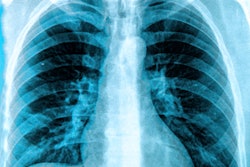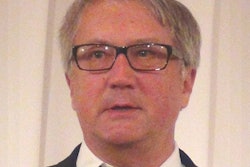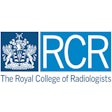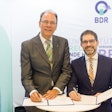The Royal College of Radiologists (RCR) released a document on the U.K.'s clinical oncology workforce, revealing a looming shortage of cancer doctors. Furthermore, current doctors in the U.K. are overworked, vacancies remain empty, and trainees are in short supply.
The Clinical Oncology UK Workforce Census Report 2016 is based on staff data from every U.K. cancer hospital and notes the following:
- In 2016, 5% of clinical oncologist posts sat vacant, up from a 3% vacancy rate in 2015.
- At least 78 extra clinical oncologists would be needed to make up for the overtime in contracted activities routinely worked by clinicians.
- Last year, 20% of clinical oncology training places were unfilled, with a predicted annual growth in new consultants of just 1%.
- Of the U.K.'s clinical oncology workforce, 6% qualified elsewhere in the European Union (EU), raising continuing questions over the effect Brexit might have on staff retention.
- In total, 1 in 4 practicing clinical oncologists are from abroad.
The number of full-time clinical oncologists in full-time permanent posts grew by 1.4% last year -- the equivalent of 822 consultants in substantive posts in 2016, compared with 811 in 2015. Meanwhile, locum numbers more than doubled from 17 locum consultants in 2015 to 37 in 2016.
"Despite the apparent growth in numbers, our consultants are getting busier and busier, with patient numbers increasing as a result of the aging population on the one hand, and improvements in therapy on the other," according to the RCR. "As a result, many hospitals are struggling to recruit to meet demand."
Vacancy rates are growing with some places more affected than others -- Southwest England and the East Midlands were the most understaffed regional areas in 2016, with vacancy rates of 13% and 12%. Also, last year, 1 in 5 newly advertised clinical oncology training places sat unfilled.
"We are calling on Health Education England and its counterparts in the devolved nations to urgently invest in the cancer workforce and plan ahead," the RCR said.
The RCR also advises the necessity of a rolling radiotherapy machine replacement program so oncologists and radiographers can be confident they are working with the best equipment.



















